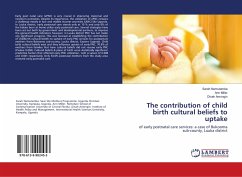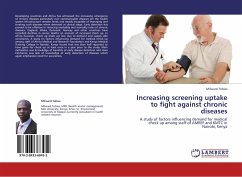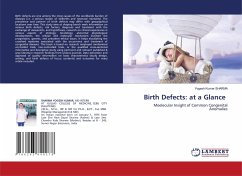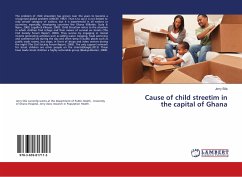Early post natal care (ePNC) is very crucial in improving maternal and newborn outcomes. Despite its importance, the utilization of ePNC remains a challenge mostly in low and middle income countries (LMIC) like Uganda. In Luuka district, early postnatal care stands only at 10 % and only 6% of the babies born at home utilize early postnatal care. Several strategies have been set out both by government and developmental partners, to improve the general health indicators however, in Luuka district PNC has not made any significant progress. This was focused at establishing the contribution of childbirth cultural beliefs to uptake of early PNC services for postpartum mothers from Bukooma sub-county; Luuka district; Eastern Uganda. Child birth cultural beliefs exist and they influence uptake of early PNC. 70.8% of mothers from families that have cultural beliefs did not receive early PNC (P.value 0.004). Cultural beliefs & place of birth were statistically significant predictive factors that affected early PNC utilization, with p-values of 0.008 and 0.001 respectively. Only 54.6% postnatal mothers from the study area received early postnatal care.
Bitte wählen Sie Ihr Anliegen aus.
Rechnungen
Retourenschein anfordern
Bestellstatus
Storno








